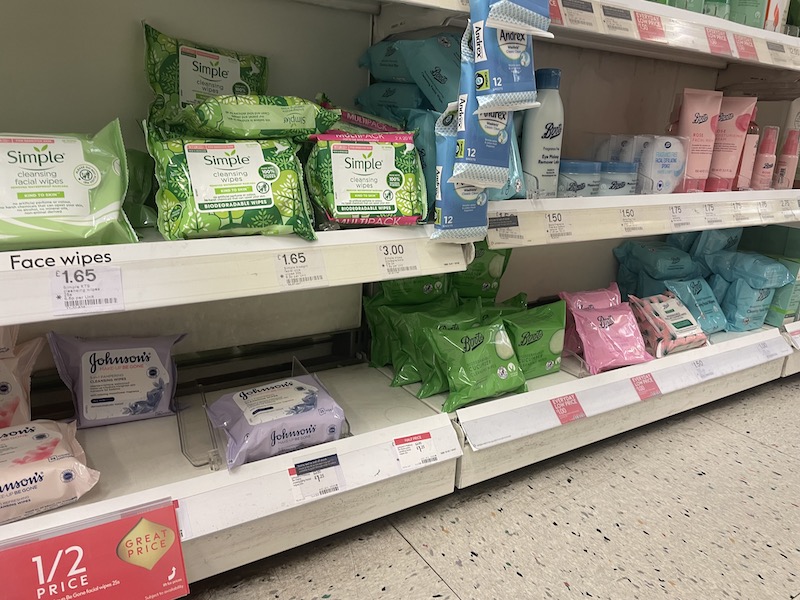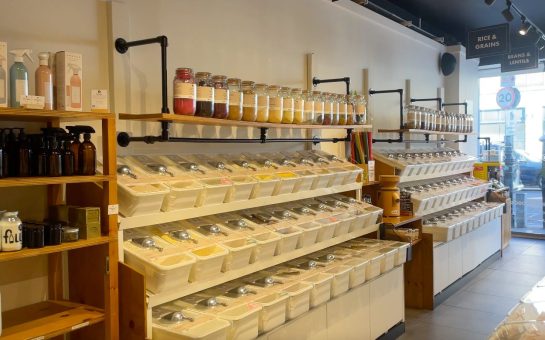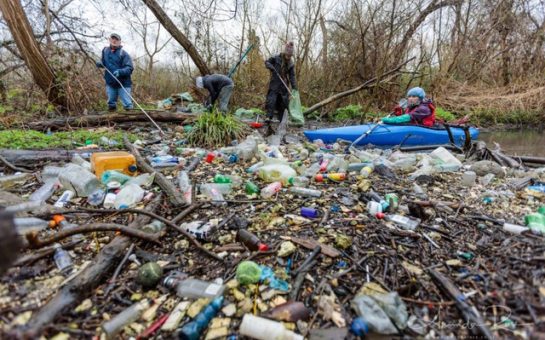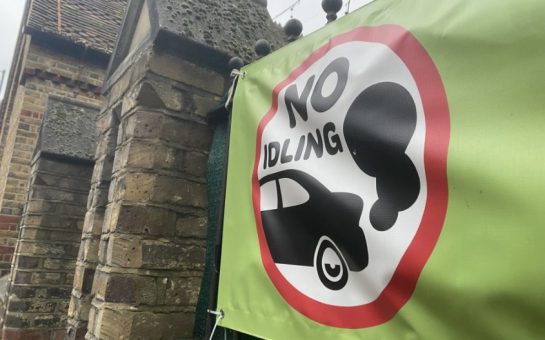Wet wipes are a staple in most households.
They can be used to clean, remove make-up, and are especially useful when it comes to children. They are frequently used in health-care settings to sanitise as they are easily disposed of.
Eleven billion wet wipes are used in the UK each year, and crucially, up to 90% of them contain plastic.
Wet wipes are a single use plastic, and there are increasing calls for environmental legislature to treat them like other single use plastics.
The main problem for our environment and households is when they are flushed down the toilet, as they combine with oil grease and other items to form fatbergs which block our drains and sewers.
Sewer blockages can cause flooding, have significant maintenance costs and crucially cause environmental damage to watercourses.
When our sewers are blocked and overflow, wet wipes often end up in our rivers and on our beaches.
Not only does this affect the wildlife when the small beads of plastic end up in their stomachs, but the build up of millions of wipes can actually change the shape of the river.
The impact is phenomenal, and only recently being registered and analysed.





Join the discussion